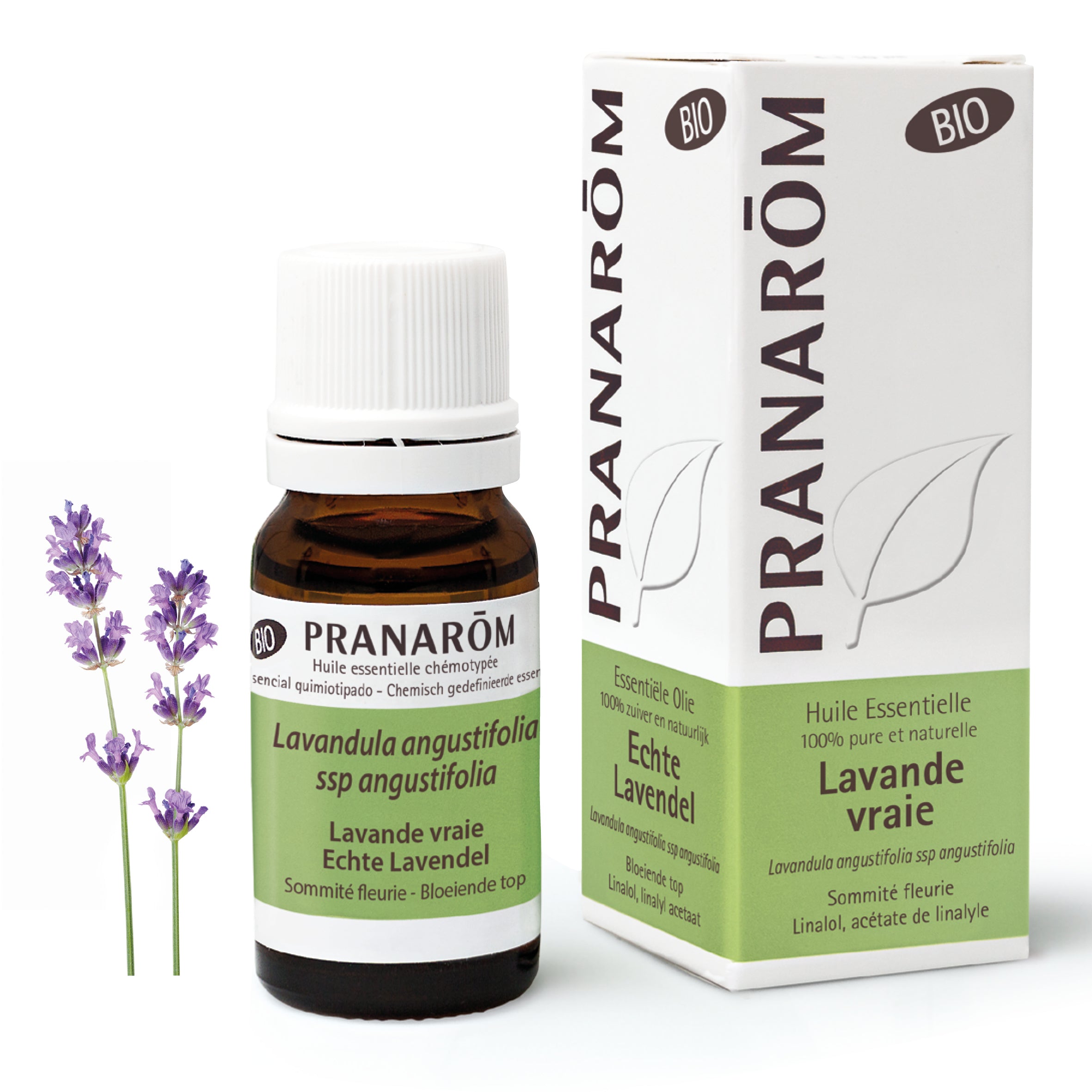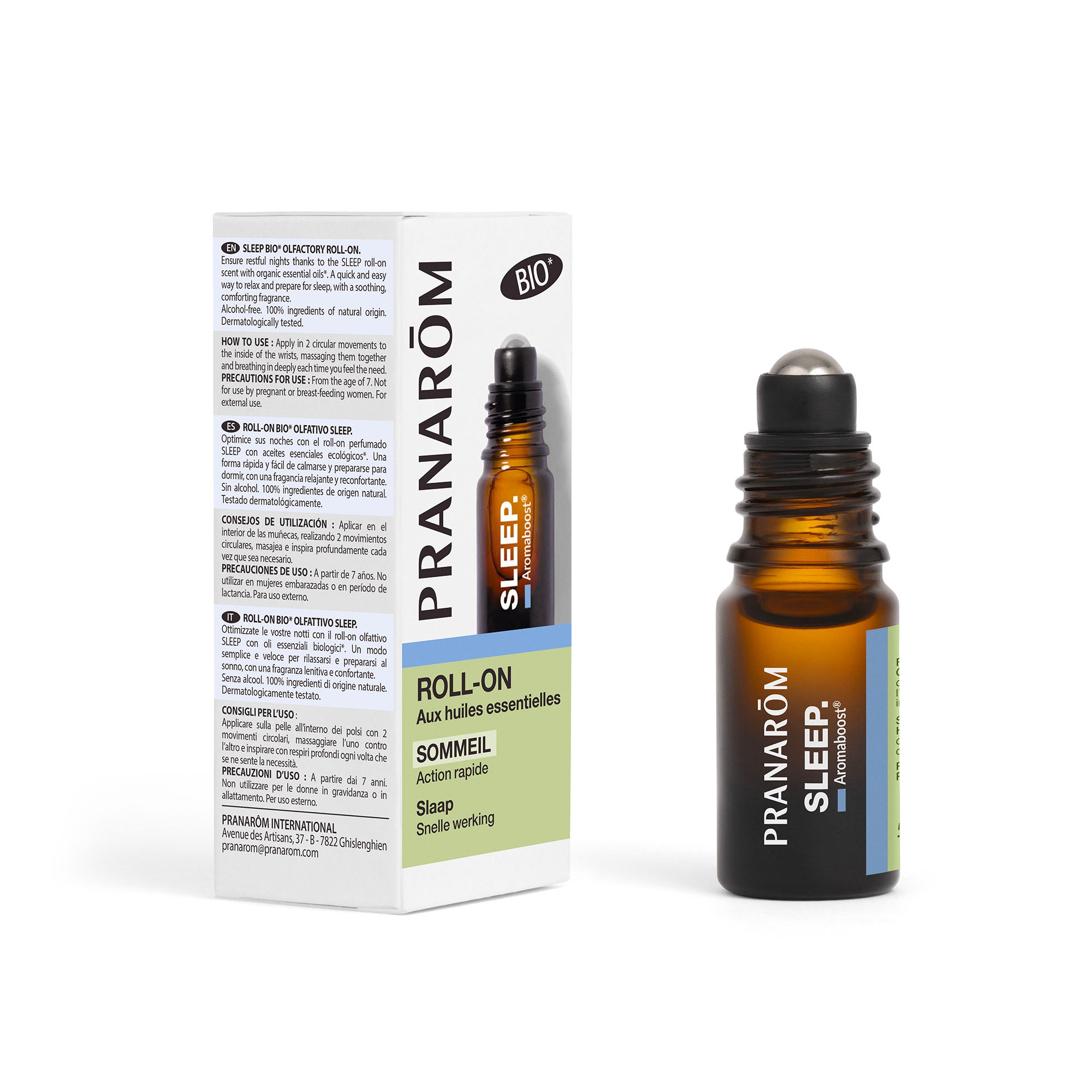A good night's sleep is essential for facing the day with energy, mental clarity, and well-being. Yet, many French adults struggle to get restful sleep or wake up refreshed. Fortunately, simple changes to our habits can transform our nights.
Here are 11 tips to get a good night's sleep and enjoy restful nights. Discover how to sleep better with these effective and natural advice.
1. Respect sleep cycles
Understanding the importance of cycles
Sleep consists of several cycles of approximately 90 minutes each. Each cycle includes different phases, all necessary for optimal recovery. Waking up in the middle of a cycle can lead to feelings of discomfort or exhaustion.
Adjust your bedtime accordingly
By identifying the time you need to get up, you can calculate the ideal bedtime, ensuring you complete several full sleep cycles. These methods help you respect your natural rhythm, promoting quality sleep. A suitable routine, as you'll see in these tips, is one of the first steps to better sleep.
2. Relaxation before bedtime
Meditation and breathing techniques
Engaging in physical activity, such as meditation or deep breathing exercises, is an effective way to calm the mind and improve sleep. It also promotes good mental health and reduces nighttime awakenings.
Reading as a soothing ritual
Reading a few pages of a calming or inspiring book in the bedroom is a relaxing activity. This regular practice is an ideal end-of-day ritual to prevent insomnia, especially before bedtime.
Use essential oils to promote relaxation
Certain essential oils, such as true lavender and Roman chamomile , are particularly renowned for their relaxing properties. Their delicate fragrance acts on the nervous system, helping to soothe stress and promote a state of calm conducive to sleep.
Diffusing certain essential oils in the bedroom before bedtime creates a serene and soothing atmosphere, ideal for preparing the body and mind for rest. By releasing their gentle and comforting notes, they help to relax mental and physical tension, thus facilitating sleep. To take this a step further, the Diffusable Meditation blend, based on frankincense and spikenard, proves particularly valuable. These deep and enveloping essential oils promote emotional centering and intense relaxation, while creating an environment conducive to relaxation and falling asleep. A simple ritual to adopt to establish a calming ambiance in your bedroom, night after night.
Using a diffuser or placing a few drops on a suitable diffuser allows you to fully enjoy their benefits while delicately scenting the room. Incorporating these simple steps into your evening routine helps create an environment conducive to peaceful and restorative sleep.
To take it a step further, you can also prepare a sleep roller to apply locally to pulse points, such as the wrists, temples, or nape of the neck. A gentle blend of Ravintsara essential oil , known for its balancing and purifying properties, Roman Chamomile essential oil, with its calming and stress-relieving benefits, and Sweet Marjoram essential oil, with its relaxing and sedative effects, effectively helps you create a moment of deep relaxation before bedtime. This personalized, portable treatment perfectly complements the diffuser for a peaceful and restorative night.
Furthermore, to further support your sleep, we offer a complete routine combining food supplement, pillow mist and portable roll-on, specially designed to promote better sleep.
Our Aromaboost SLEEP food supplement has been formulated to facilitate falling asleep and provide lasting support, helping you quickly regain restful sleep. Ideal during periods of disrupted sleep, this supplement carries no risk of addiction and is used as a one-month course. Its natural composition (99.1% naturally derived ingredients, sugar-free and gluten-free) combines a standardized dry extract of Valerian, vitamins B3, B6, and D3, as well as a synergy of essential oils of Roman Chamomile, True Lavender, and Mandarin Blossom.
The Sleep pillow mist completes this routine by creating a soothing atmosphere with organic Roman chamomile essential oil. Easy to use, it can be sprayed in the room or on your linens (pillow, pajamas) 15 minutes before bedtime, and repeated if needed, to promote relaxation and prepare for sleep. Formulated without preservatives or synthetic fragrances, it offers a natural, soft, and comforting scent.
Finally, the Sleep olfactory roll-on is a convenient and effective way to fall asleep on the go. Enriched with 100% organic Roman chamomile essential oil, it soothes the nervous system and relaxes muscles. Its natural fragrance, created by an expert perfumer, provides immediate and lasting support for restful sleep, to be applied as often as needed.
This complete routine allows you to combine well-being, gentleness and effectiveness to help you achieve calmer and more restorative nights.
3. The importance of the sleep environment
Optimize the temperature and darkness of the room
A room that is too hot or too bright can disrupt sleep. Ideally, the temperature should be between 16 and 18°C. A well-ventilated, dark, and quiet bedroom, with good hygiene, promotes restful sleep.
Reduce disruptive noise
External noises can frequently cause awakenings. Using earplugs or white noise can help improve the sound environment. These simple practices can have a significant impact on sleep quality.
Diffuse essential oils to improve the atmosphere of the room
Diffusing Petitgrain Bigarade essential oil in the bedroom is an excellent way to enhance the atmosphere and create a relaxing environment. Known for its soothing and balancing properties, this essential oil releases a fresh, slightly floral and citrusy fragrance that calms the mind and helps reduce stress and anxiety. When diffused, Petitgrain Bigarade creates a soft and comforting ambiance, ideal for preparing the body and mind for restful sleep. Its relaxing action makes it a valuable ally for establishing a serene atmosphere before bedtime, allowing you to fall asleep more easily and enjoy quality rest.
4. The quality of the bedding
Choosing the right mattress and pillow
Quality bedding adapted to your body shape helps reduce discomfort and improve sleep. A lack of support can lead to frequent awakenings and negatively impact your health, increasing fatigue.
The impact of bed linen
Cotton or linen sheets promote good temperature regulation. Furthermore, regularly changing your linens has a positive effect on overall well-being and restful sleep, especially if you avoid coffee.
5. Avoid screens before bed
Understanding the effect of blue light
Screens emit blue light that disrupts the body's natural production of melatonin. This hormone is essential for falling asleep. To sleep better and avoid sleep disorders, it is therefore advisable to limit screen use at least one hour before bedtime.
An alternative to screens: soft music and audiobooks
Replacing screen time with a calming activity like listening to an audiobook or soft music can make all the difference. These activities reduce stress and promote better sleep, helping you overcome difficulties.
6. Manage your diet
Light meals and digestion
A light dinner, low in dairy and easy to digest, limits digestive problems that can disrupt sleep. Passionflower, in infusion form, is a plant known for its soothing properties and for relieving discomfort.
Drinks to avoid
Coffee, tea, and all caffeinated beverages should be avoided in the evening. Consuming them too late can delay falling asleep and disrupt sleep cycles.
Essential oils to improve digestion
Essential oils like basil or peppermint can be used to support healthy digestion. They are among the natural tips for better sleep.
7. Physical exercise during the day
The right timing for physical activity
Physical activity promotes quality sleep, especially if it is done in the late afternoon, several hours before bedtime. This helps the body regulate itself naturally.
Link between regular exercise and sleep quality
Activities like walking, yoga, or swimming reduce discomfort and stress, two major enemies of restorative sleep. They also improve the sleep-wake cycle.
8. Managing stress and anxiety
Stress management techniques to improve sleep
Chronic stress is a major factor in sleep disorders. Regular practice of yoga or heart coherence exercises offers good results in improving sleep quality.
The importance of disconnecting from work
It's important, as an adult, to clearly separate your professional life from your personal life. A good evening routine includes activities unrelated to work to promote restful, natural sleep.
9. Napping: friend or foe of nighttime sleep?
Rules for a restorative nap
A 15- to 20-minute nap in the early afternoon can be beneficial without disrupting your nighttime sleep and while maintaining a stable body temperature. Longer naps can disrupt your sleep rhythm and worsen insomnia.
10. Understand and listen to your body
Identify the signs of fatigue
Signs like itchy eyes, yawning, or difficulty concentrating are clear indicators. Paying attention to them will prevent you from delaying bedtime.
Adjust your sleep habits according to your needs
Every body is different. Adapting your routine and relaxation methods can help you sleep better, and above all, achieve lasting quality sleep.
11. When should you consult a specialist?
Recognizing the signs of sleep disorders
Frequent awakenings during the night, difficulty falling asleep, or unrefreshing sleep can indicate the presence of a disorder. It is then legitimate to consider seeking outside help.
The importance of medical care
When all the tips and natural methods aren't enough, it can be helpful to consult a professional to better understand the underlying causes. Certain natural supplements may also be recommended with medical advice.
These tips will help you better understand the mechanisms of sleep, identify good habits to adopt, and discover how to improve the quality of your nights with simple and accessible actions. By establishing a regular evening routine, optimizing your sleep environment (dim lighting, suitable temperature, soothing atmosphere), and respecting your own biological rhythm, you significantly increase your chances of getting deep and restorative sleep.
For any adult experiencing sleep problems—nighttime awakenings, difficulty falling asleep, persistent fatigue—these practical tips offer effective solutions: they help reduce stress, restore a natural sleep-wake cycle, and preserve your overall well-being. Sleeping well isn't a matter of luck; it's often the result of good daily habits.
Finally, to go further, don't hesitate to try different natural approaches (such as essential oils or heart coherence), and above all, listen to your body. Because quality sleep always begins with a better understanding of yourself.

















